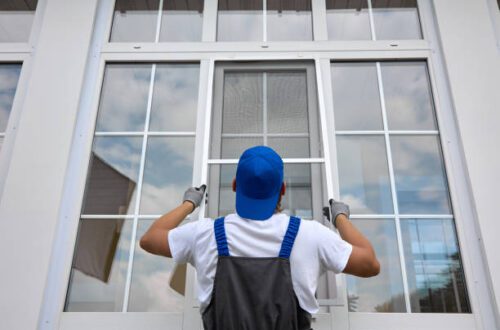Did you know that 52% of homeowners want to have a garage their neighbors envy?
To do this, you got to make sure your garage has flooring that looks like a million dollars. With this in mind, you might be wondering if it’s worth it to epoxy your garage floor instead of opting for tiles.
There are a lot of factors you need to consider when making this decision, and it can be hard to know which option is best for you.
But don’t worry. Keep reading because we’ve created this epoxy guide full of epoxy tips to help you understand the differences between garage epoxy vs tiles. After reading this article, you’ll be able to make an informed decision about which option is best for your needs.
Installation
Tiles are typically much easier to install than epoxy, making them a better option for do-it-yourselfers or those without a lot of experience working with epoxy. Tiles can be cut to size and laid in place without the need for special tools or equipment, and grout can be applied with a simple sponge.
In contrast, epoxy is often mixed on-site and then spread over the surface using a trowel. This process can be messy and time-consuming, and it requires some experience to achieve a smooth, even finish.
Cost
The cost of garage flooring is an important consideration for any homeowner. Garage tiles are generally more expensive than epoxy, although the cost difference will vary depending on the specific products used. Epoxy is typically less expensive up front, but it may require more frequent reapplication, resulting in a higher long-term cost.
Garage tiles are more durable and require less upkeep, but they may be a more expensive initial investment. Ultimately, the best flooring option for your garage will depend on your budget and your specific needs.
Durability
When it comes to durability, epoxy is often the preferred option. This is because epoxy is less likely to chip, crack, or stain over time than tile. Epoxy is also more resistant to heat and chemicals, making it a good choice for areas that see a lot of traffic or are subject to harsh cleaning products.
Garage Force is stronger than epoxy, so check it out.
Maintenance
Tile is generally easier to clean and maintain than epoxy, although both types of flooring require regular sweeping and mopping. Frankly, the frequency of cleaning depends more on the number of people in the household and their level of activity than it does on the type of flooring.
That being said, spills and stains are more likely to show up on light-colored tile, so if you have small children or pets, you may want to opt for a darker color.
Epoxy floors are more durable than tile and are less likely to crack or chip, but they can be more difficult to clean if they become stained. In terms of general maintenance, both types of flooring should be vacuumed regularly and mopped with a mild soap and water solution.
Garage Epoxy vs Tiles: Which One Wins?
Epoxy garage floors offer many benefits that tiles do not. They are seamless, so there is no risk of water or dirt seeping underneath and causing damage. They also come in a variety of colors and can be customized to match your décor. If you are looking for an attractive, durable flooring solution for your garage, epoxy is the way to go.
Want to learn more about garage epoxy vs tiles? Check out our blog for more articles like this!






